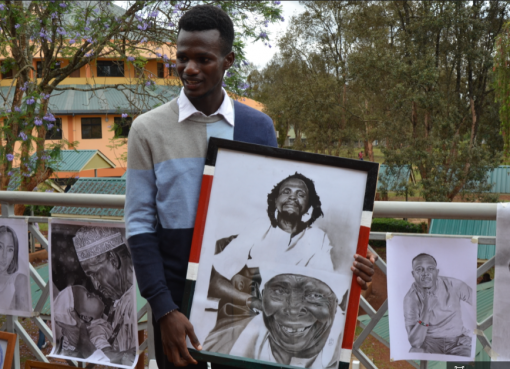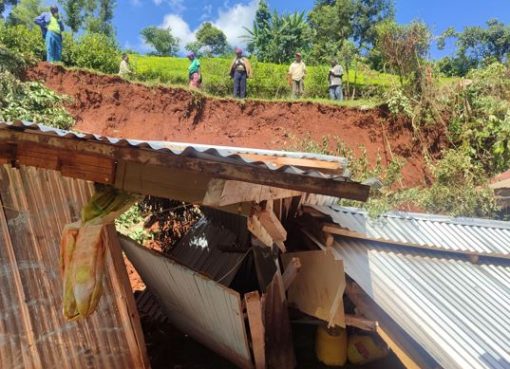Public health experts have expressed concerns over emerging cases of stigmatisation of people suffering from Covid-19 across the country.
The social stigma and discriminatory behavior against Covid-19 patients and those suspected to have been infected by the virus, if not checked, will impact negatively to the fight against the spread of the novel disease.
The Central Region National Aids Control Council Coordinator, Julius Koome, says the slowly but steadily creeping Coronavirus related stigma has the possibility of complicating and slowing down the implementation of intervention strategies being put in place by the government to both treat Covid-19 patients and stem the increase in infections.
“Those of us who work in HIV related programmes have noticed that Corona related stigma is slowly creeping in and has the potential to complicate response against the highly infectious disease,” said Koome in a brief to the staff.
Koome says deliberate efforts designed to fight stigma and discrimination directed against Covid-19 patients and those suspected to have come into contact with them should be amplified if the fight against the disease that mainly targets respiratory organs is to be brought under control.
Covid-19 associated stigma in the country is mainly being fueled by insufficient knowledge about the new disease, how it is transmitted and treated and how to effectively prevent infection.
“Misconceptions, rumours and misinformation are major contributors to stigma and discrimination and which in turn hamper response efforts in combating the disease,” says the Johns Hopkins Centre for Communication programmes.
This can result in more severe health problems and difficulties controlling the disease outbreak since the stigma drives people to hide illness to avoid discrimination, prevents them from seeking health care immediately and ultimately discourages them from adopting healthy behaviours.
Experts are now calling on the Ministry of Health to prioritise the collection, consolidation and dissemination of accurate country and community specific information about affected regions, individuals and vulnerable groups.
Information on treatment options and where to access health care and any other relevant information should also be prioritised in order to give impetus to the fight against the viral disease.
By Kiamah Wamutitu



